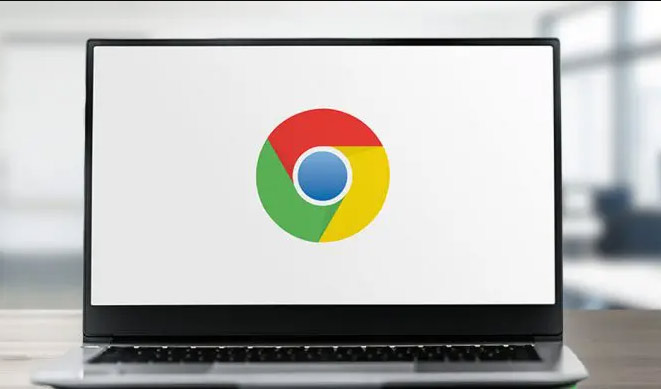If you’ve been working in marketing and advertising since January 2020 or following Google trends, chances are you’ve heard about Google’s plans to block 3rd party cookies on its Chrome browser. This marks a significant but limited change for the advertising industry, but it’s also a big step forward for those worried about online privacy. In short, it halts the common practice of Google selling web ads targeted to users’ online browsing habits, and it stops Chrome from collecting that data as you surf with the browser. In other words, Ad companies who’ve relied on this method to collect user data will have to find another way to do so.
In truth, Google has been building up to this for quite some time. Their competitors Safari and Firefox had already implemented this change into their own browsers, so it was only a matter of time before Google followed suit. As the general public becomes more aware of online privacy and warier of that privacy feeling “breached,” Google and its competitors know they’ll have to focus more on privacy-first initiatives.
That being said, it looks as if Google has decided to push back its plans to block 3rd party cookies in Chrome until 2023, citing more time needed to make sure this change rolls out the right way. Their game plan is as follows:
- Hold public discussions about the technologies and their prototypes in forums like GitHub and W3C.
- Rigorously test these technologies in Chrome through numerous origin trials. This allows for full transparency of the process and better feedback.
- Once everything checks out and the development process is complete, Google will launch these technologies in Chrome in two stages.
- Stage 1 (late 2022) will grant publishers and advertisers time to migrate their services. Google expects this process to last roughly nine months.
- Stage 2 (mid-2023) will see Google phase out support for third-party cookies within Chrome over a span of three months, finishing by late 2023.
What Does This Mean For Marketers And Advertisers?
This delay gives marketers and advertisers more time of their own to prepare for the changes, as the rollout of Google’s privacy initiatives was set to have big impacts on their metrics and clients. As Google continues to make changes, it’s important to find technology solutions that adjust when cookies are removed. The next step is figuring out a first-party strategy, then pulling data from other sources.
Contact VELOX today to learn more about how we are preparing for Google’s new changes.
About the author:
VELOX Media is an award-winning, ROI-focused digital marketing agency that specializes in strategy, organic search marketing optimization, paid management, and web development. We specifically target a 400%-800% monthly ROI above spend and are ranked among the top 3% of agencies in the world by Google.





